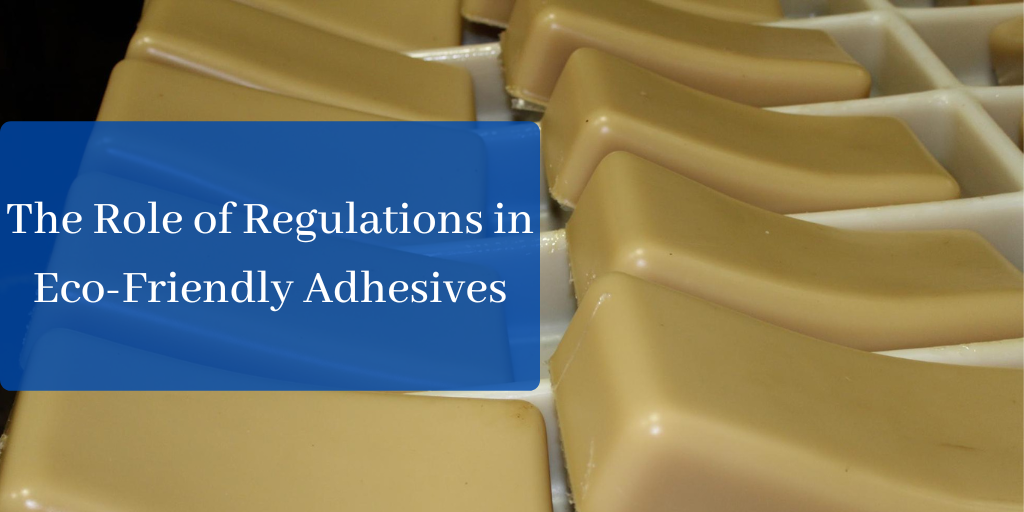Products labeled "eco-friendly," "green," or "compostable" can be found everywhere, from consumer products to industrial materials, but what qualifies companies to use any of these labels? Often, 'eco-labeling" is fraught with vague or untrue claims. Sometimes, companies seek to capitalize on consumer preferences for environmentally friendly products through marketing in a tactic called "green-washing."
About one-third of Americans, nearly 50% of consumers worldwide, state that they are willing to "pay more for green or environmentally-friendly products." Eco-labeling and green-washing fall within the Federal Trade Commission's (FTC) jurisdiction, which regulates deceptive marketing practices. To better oversee and enforce these practices, the FTC issues the first Green Guide, which was most recently revised in 2012.
The Green Guides highlight environmental marketing claims that often mislead consumers. Currently, the Green Guides are the only eco-labeling stands issued by a U.S. agency. However, well-known international standards exist. The International Organization for Standardization (ISO), notably the Standard ISO 1421, provides a stronger set of requirements for eco-labeling, but the U.S. has not adopted these practices.
What Should Buyers Look for When Sourcing Eco-Friendly Products?
Private regulations provide a potential solution—for example, green certification or seals of approval that appear on products. While there is room for improvement in the consistency of certifications, these regulations can provide clarity to customers.
Aside from the Green Guides, the Environmental Protection Agency (EPA) had a Recommendations of Specifications, Standards, and Eco-labels list to help federal purchasers identify environmentally preferable services and products. Since the U.S. is the world's largest purchases in the world, spending over $650 billion on services and products annually, looking for products with more stringent eco-labeling can reduce climate impacts and pollution while increasing community health and U.S. industry competitiveness.
Leading By Example: BPI Certification
LD Davis recently became BPI certified to help the companies that use our gelatin glue understand the value and importance of our adhesive.
For nearly 20 years, the BPI Certification Mark has been a sign of compostability and is the only third-party verification of ASTM standards for compostable products in North America. This certification indicates end-of-life opportunities for a compostable product and helps manufacturers and consumers gain clarity and guidance.
For example, the BPI certification guides manufacturers in designing items, understanding what ingredients can be used, and how to claim their products as compostable in a way that composters and consumers can trust. The BPI certification also helps consumers understand that an item is compostable and can be diverted with food scraps in an existing compostable program. For additional information on biodegradable and compostable terminology, check out this article.
Overall, the BPI certification process ensures that items can be safely cycled back into the ground at a commercial composting plant. This is ensured by testing to ASTM standards and applying restrictions on fluorinated chemicals and other carcinogens. For additional information on the testing process, labs, and certification rules, see BPI's certification process.
If you have any questions about our gelatin glue or using compostable adhesives in your application, contact us to learn more.



